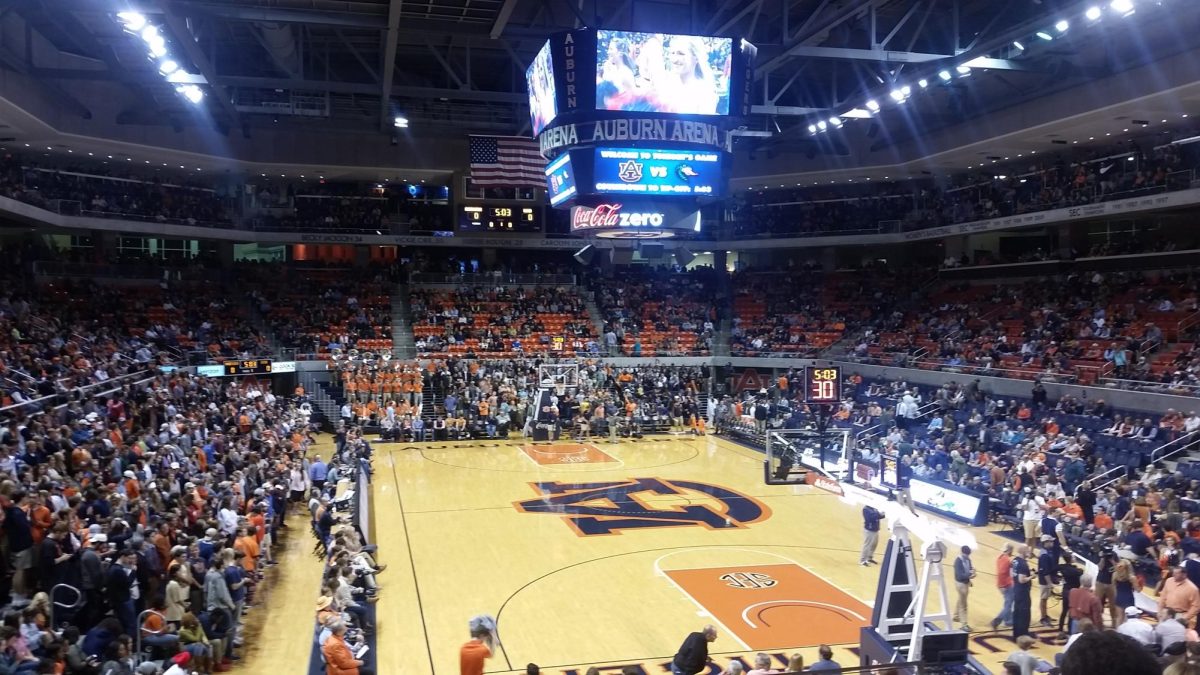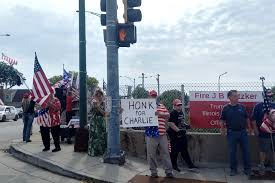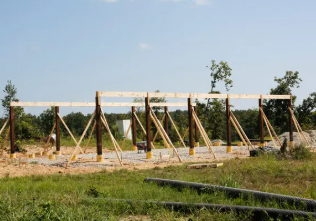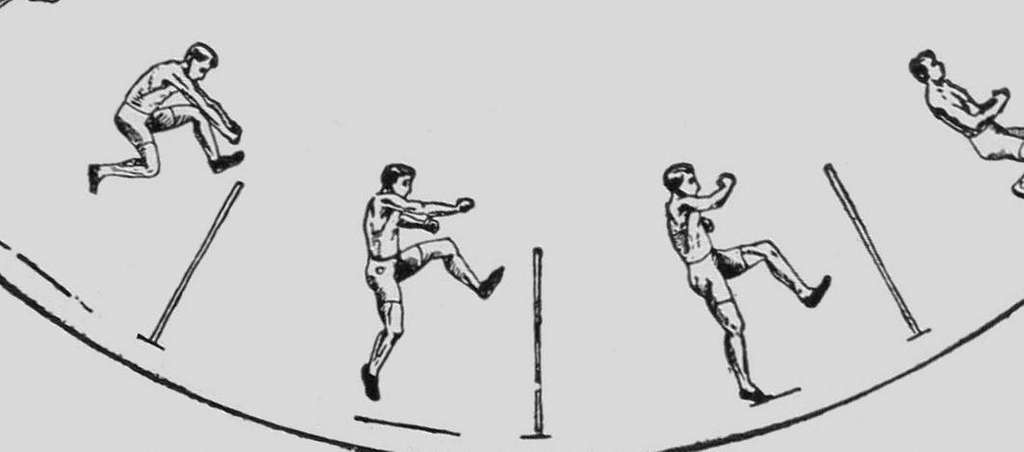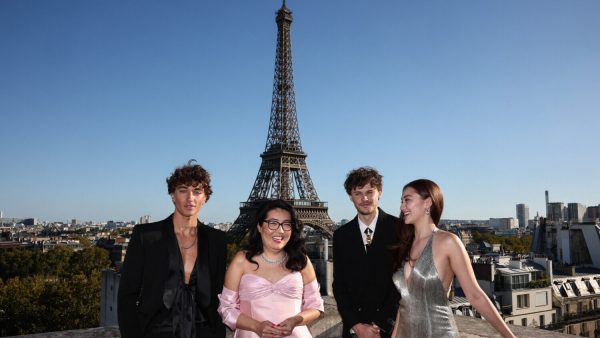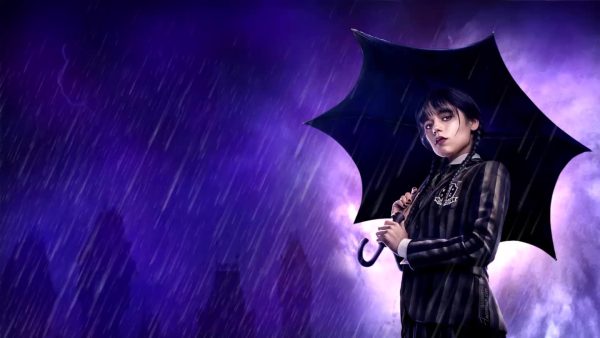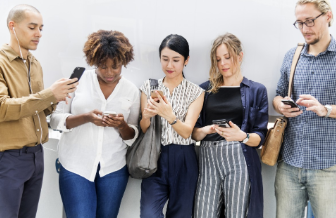Politicians use social media
January 24, 2017

In a tweet, Donald Trump refutes Cher, who attacked Mitt Romney. Social media is dangerous for candidates because the use can be too personal.
With the increasingly growing popularity of social media in the past years, candidates and political groups have taken advantage of the ability to broadcast their ideals to billions of people. Social media allows people to see the thoughts and opinions of political figures themselves, as opposed to a heavily scripted speech or a political advertisement. Social media also allows political figures to get the word out about events.
The power of social media was realized in the 2008 campaign, where Barack Obama gained over two (some estimate three) million supporters over Facebook, more than 100,000 followers on Twitter, and over 50 million views on his Youtube channel. His social media following dwarfed Mitt Romney’s in the 2012 election, and Obama now has over 80 million followers on Twitter and 50 million on Facebook. Obama gained a social media following due to a pop culture status. Obama used social media to seem more relatable to his audience, and a glimpse into the life of a president gave Obama a huge social media following. Because Obama is on more personal terms with people, he gains more supporters.
Both Donald Trump and Hillary Clinton saw Obama’s success on social media and attempted to capitalize off of the social media craze with digital campaigns of their own. While they both only managed to achieve a fraction of the followers Obama gained, Trump’s tweets have become famous, although heavily scrutinized, due to the media. While most other politicians seem to go through some editing process with their tweets, Trump seems to post whatever comes to mind, such as asking his followers if they were living in Nazi Germany. However, with this level of scrutiny, Trump’s tweets have a certain level of authenticity, and allows readers to get a pure, uncensored view into the mind of the President. 78 percent of Americans have a social media profile, so an announcement over, say, Twitter, which has nearly a billion users, would be viewed far more than a television ad that announces the same event. A political figure with a skilled social media team would have talking points and their view on certain issues show up in millions of people’s Twitter feeds. English teacher Mr. Bradley Mallon agrees with this saying, “Personal expression is the right of everyone; however, expectation is the right of the people. The trick is finding the balance.” This brings up the fact that social media is not the political godsend that candidates have been hoping for. Social media is often limiting in what people can post, with sources such as Twitter limiting how much a person can type. Americans have grown more and more blind to online ads, as well as having shorter attention spans, especially while online.
Social media is a great tool for any political figure to have, and can potentially provide supporters with more information about the political figures views and opinions. However, it should not be used as a decision factor on who to support. Social media can strengthen a candidate’s following, but likely will not bring in many new potential voters.



